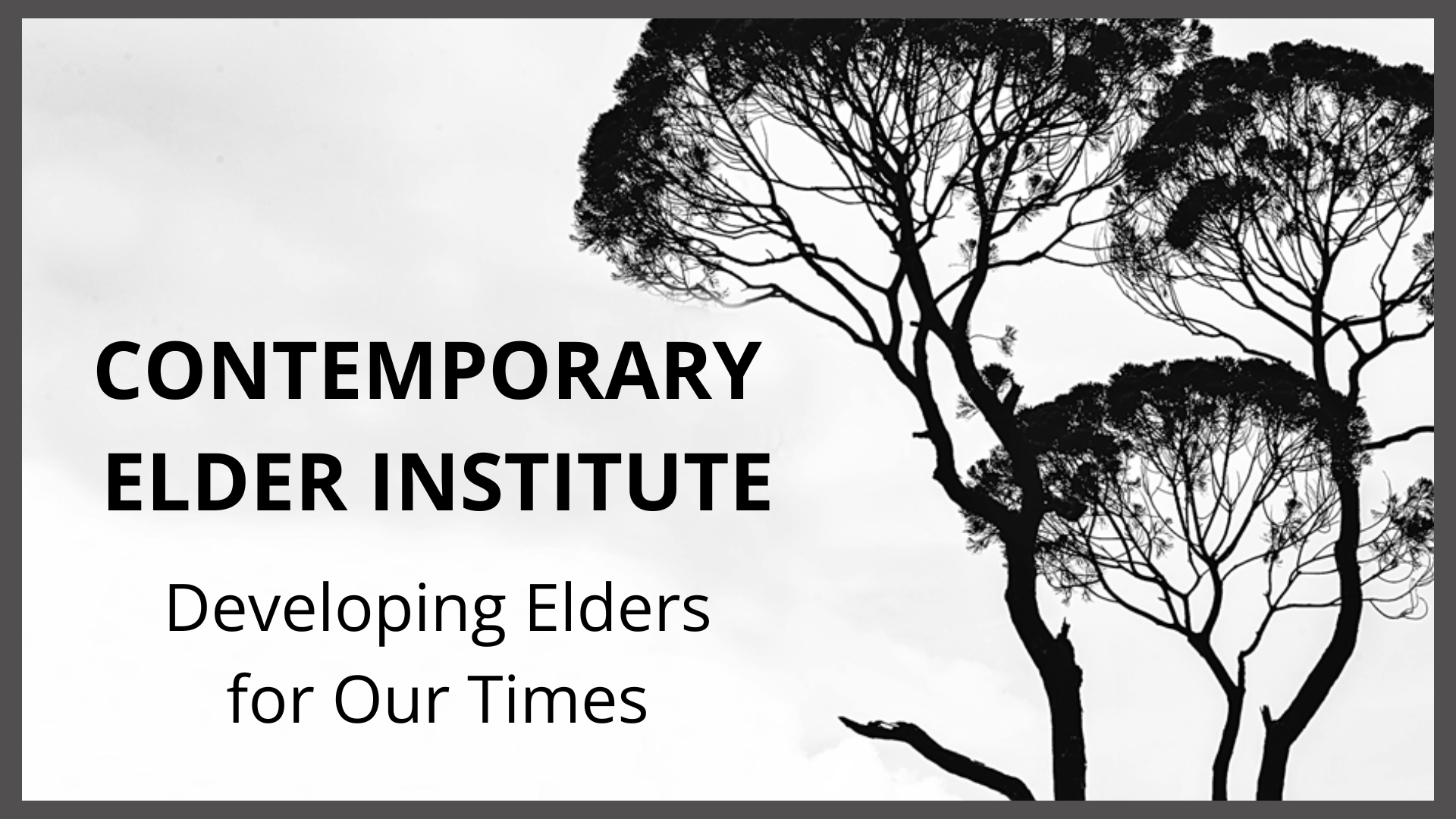Knowledge, Understanding, and Wisdom
In our culture, the words "wisdom," "knowledge," and a third word, "understanding," are often used interchangeably. The more homogenized a word, the less power it has. The more distinguished a word, the greater power it has.
Examination quickly shows specific differences in what these three words mean. These differences are critical for understanding the mental models and the emotional and spiritual states of "wisdom." Yes, wisdom has a spiritual element.
It is our observation wisdom and knowledge are what separate great leaders from good leaders. Said another way, if leaders understood and could 'language' wisdom, they could move from good leader to great leader.
This post will use a Christian perspective, given that the last post in this Wisdom series was Zen Buddhist. We can learn from very different spiritual teachings because they all have great wisdom and knowledge.
These three words, these "gifts," understanding, knowledge and wisdom, are defined plainly in the Christian bible:
• Knowledge – the facts (Proverbs 9:10, Proverbs 18:15, Colossians 2:8, 1 Timothy 2:4).
• Understanding – ability to translate meaning from the facts (Psalm 119:130, Proverbs 3:5- 7, 18:2, Philippians 1:9-10).
• Wisdom – knowing what to do next, given an understanding of the facts and context (Ecclesiastes 8:1, James 3:17).
The people I consult in health care have tremendous knowledge, especially in those areas for which they are responsible. They can collect, remember, and access information readily. Their intellect is absolutely top of the rank.
They read the latest and most promising books and articles about their particular industry and business in general. They engage in swapping information and concepts with colleagues. They attend conferences, Webinars, seminars, and watch online videos. They are incredibly knowledgeable, yet many are not wise.
Having knowledge doesn't necessarily lead to understanding and wisdom. Someone might have the facts but not know what they mean or what to do next. A prime example is dentists knowing that dental disease is a corrosive, bidirectional, cytokine-storming systemic disease that drastically exacerbates nearly all chronic conditions and hastens mortality.
Dental disease costs the healthcare system trillions, not billions, of dollars. Dental disease has people get sicker and die quicker, yet, dentistry has no clue what to do to address this high-quality, evidence-based knowledge.
Those with understanding can extract the meaning out of information. They can "see-through" the facts to the dynamics of what, how, and why. Thus, understanding is a lens system that brings the facts into a more delineated, comprehensible, and distinguishable form.
Once seen in this form of understanding, it leads directly to generating principles. "Oh, now I see, now I understand; that's "why," that's "how," and that's "what," which leads directly to wisdom. Those with wisdom know which principle to apply in a given context. Understanding without wisdom can appear contradictory (Proverbs 26:4-5). For example, the statement, "He who hesitates is lost," is true, but so is the idea that "haste makes waste." Which principle to use depends on the context.
Here is what you want to get - wisdom can recognize context and act appropriately to the context. That's wisdom's magic. Those with wisdom know what behaviors and what actions will work in a particular context. As a result, they do the right thing, at the right time, in the right way, with the right people in the given situation. In contrast, many have significant knowledge but are blind to the context, which often leads them to do the wrong thing, at the wrong time, in the wrong way with the wrong people.
Context is decisive. Having the capacity to read and understand the context as it manifests itself is a unique and powerful attribute of wisdom. That's the primary reason wise leaders produce extraordinary results.
Might it be time for you and your C-Suite to become leaders of wisdom rather than just effective managers of people? info@drmarcbcooper.com
